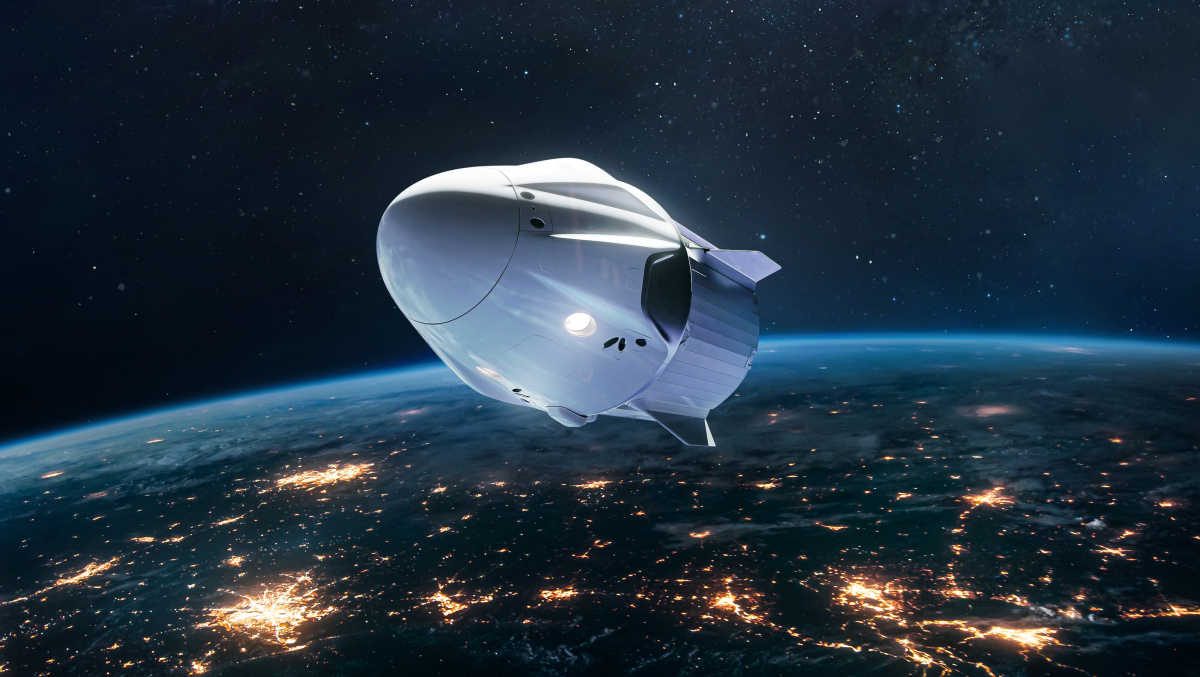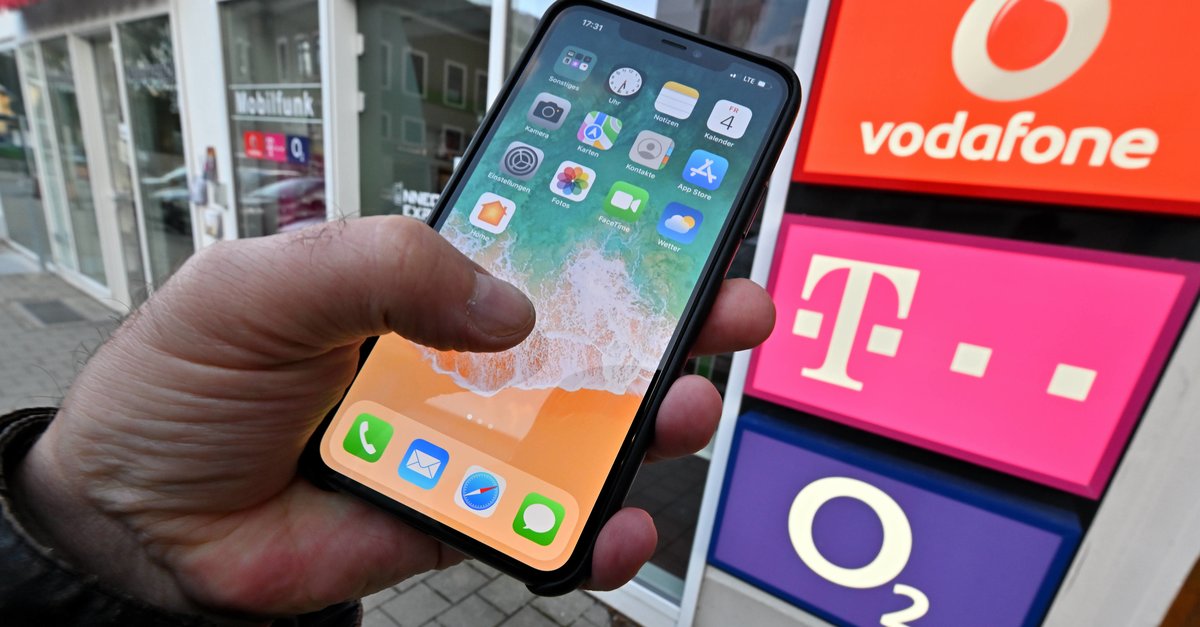The future of space tourism and a rejection of the E-Beetle
We hope you had a good day and now we want to give you some exciting information to take with you into the evening. t3n Daily is also available as a newsletter. Here are the topics of the day.
What do tourist trips into the deep sea and into space have in common? “You’re in a capsule where the weakest point is a window, and you’re in an environment that’s deadly,” space advocate Michelle Hanlon told Axios. Experts therefore assume that private space flights could also be more heavily regulated after the Titan catastrophe.
The Titan from the company Oceangate has just as little been checked by an independent body as the spaceships from Virgin Galactic, Blue Origin or SpaceX, which fly paying customers into orbit. At the request of the US Congress, space companies have not yet had to comply with any specified safety regulations. Should that change in the future, no one knows whether the fleet of space companies could meet them or not.
The fact that the superheroine Ladybug will be zipping around in an electric VW Beetle in the new “Miraculous” film doesn’t seem to impress Volkswagen CEO Thomas Schäfer. He told the British car magazine Autocar that there would be no comeback for the cult beetle. The fact that the Chinese car manufacturer Ora will soon be launching an electric car in Europe that is more than clearly based on the Beetle does not change that.
While the ex-VW boss Herbert Diess commissioned a design study for a fully electric VW Beetle in 2019, Schäfer expressly does not want to be on the nostalgia track. “We’re proud of our heritage, but that’s not what defines us,” he said. Instead, VW has to constantly reinvent itself as a brand and bring new products onto the market.
The US space organization Nasa is currently developing its own assistance system with which astronauts can interact more easily. This is based on a ChatGPT-like interface, reports the Guardian, quoting researcher Larissa Suzuki as saying: “We want to get to a point where we can communicate with spacecraft and they can communicate with us about alerts or interesting findings in the solar system and beyond.” to be able to speak.”
Specifically, the assistance system is to be used on the Lunar Gateway space station. It will support NASA’s Artemis mission and will orbit the moon. It would be an enormous relief for the astronauts if, for example, they could obtain instructions for experiments by voice command and no longer had to porridge over complex manuals.
When US cellphone operators lift their 5G antenna throttling on July 1, air travel could be significantly disrupted. According to US Secretary of Transportation Pete Buttigieg, travelers should be prepared for delays and cancellations. The problem: So far, only 80 percent of domestic and 65 percent of international aircraft with destinations in the USA have the necessary technology for the new 5G mobile communications standard.
To do this, airlines have to upgrade their aircraft’s radar altimeters to ensure that they are no longer as susceptible to interference from 5G frequencies. The problem only occurs in the USA, where different frequency ranges are used for the 5G network than in Europe. The International Transport Association (IATA) told The Wall Street Journal the technology just wasn’t good enough for all planes.
To date, contactless payment is still relative. In order for it to work, consumers must either bring their card or device with the NFC chip in the immediate vicinity of the terminal or place it directly on it. The NFC forum that introduced the standard finds it awkward.
And so the 100 associated companies from Apple and Google to Huawei and Sony to Visa and Mastercard have worked on simplification. According to the new technology roadmap, the radio range will be extended. In the future, consumers will no longer have to bring their cards up to a distance of five millimeters from the device, but should have more leeway of up to three centimeters. Appropriate protective measures should limit the risk of theft, it said.
That’s it for today’s t3n daily. You can find much more about all aspects of digital life, working life and the future around the clock at t3n.de.



